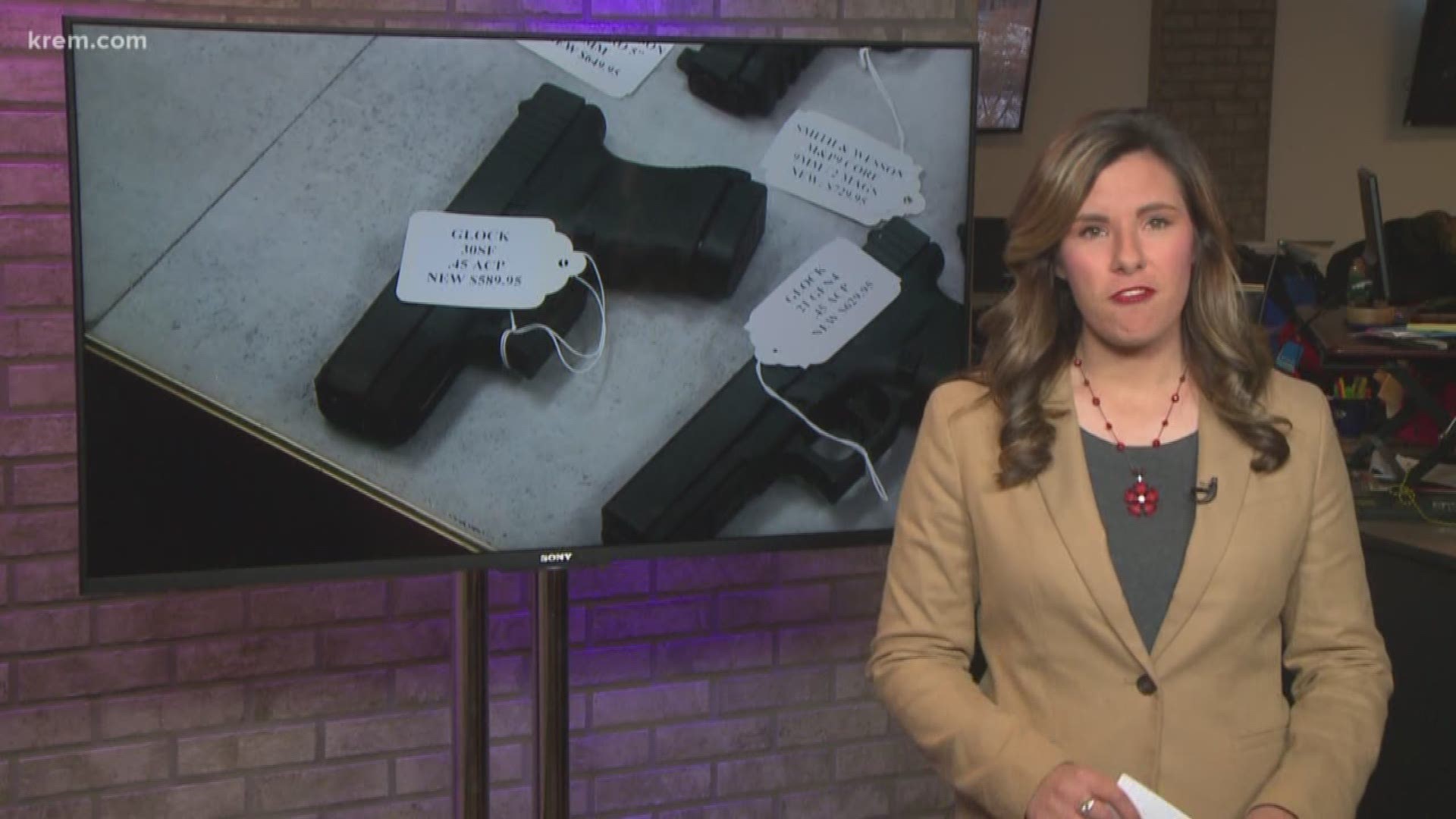REPUBLIC, Wash. — Sheriffs throughout Washington state have said they will not enforce Initiative 1639, which places stiff requirements on the sale and ownership of semi-automatic rifles.
Initiative 1639 – approved in November – raises the age to purchase a semi-automatic rifle from 18 to 21, calls for enhanced background checks and requires buyers to complete a firearm safety course. The initiative also holds gun owners accountable if someone uses their firearm to harm themselves or others.
The National Rifle Association and the Second Amendment Foundation have filed a joint lawsuit challenging the initiative.
The sheriffs who have said they will not enforce the law reside in Grant, Okanogan, Benton, Stevens and Klickitat Counties, to name a few.
Spokane County Sheriff Ozzie Knezovich recently called I-1639 unconstitutional but said that other sheriffs are "grandstanding" by not supporting it. He said there is "nothing for us [sheriffs] to enforce."
We wanted to know if sheriffs who say they will not enforce the I-1639 could face repercussions.
Spokane City council member Breean Beggs, who is a lawyer and previously served as executive director of the Center for Justice civil rights firm, helped confirm this. He said it's an accepted legal principal that law enforcement use their own judgment to enforce laws.
The sheriffs office could choose not to enforce I-1639. But Beggs said, if the city passes an official policy like the one proposed by Republic Police Chief Loren Culp in November, it could face some repercussions from the state.
He said if city leaders were to adopt an official policy to not enforce the gun safety law, it could face indirect impacts, such as losing state funding. For example, highway funding was potentially withheld from cities that wouldn't enforce the legal drinking age of 21.
"If they want to, they can condition funding for all sorts of services that the state pays for on compliance of certain laws," Beggs said.
Some viewers suggested on our Facebook page that police are allowed to decide whether or not they will enforce certain laws. Beggs couldn't confirm any specific law backing this up. But he did say it's an accepted legal principal that police enforce the law at their own discretion.
"If you're going three miles over the speed limit, they're not required to stop you for speeding," Beggs said. "They can give you a warning sometimes."
Beggs doesn't believe it's likely the state attorney general's office will file against a law enforcement agency for not enforcing the law or that it would go far in court.


